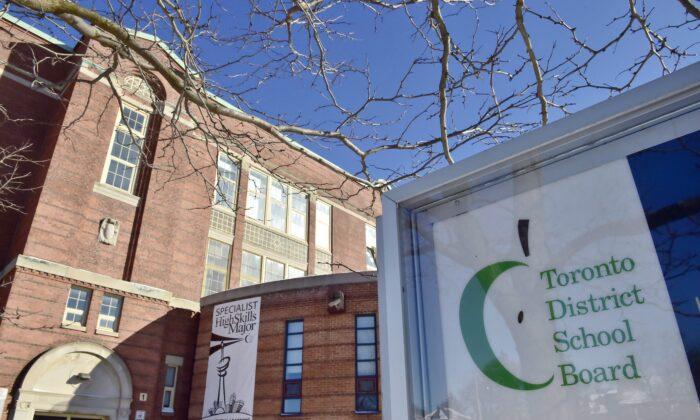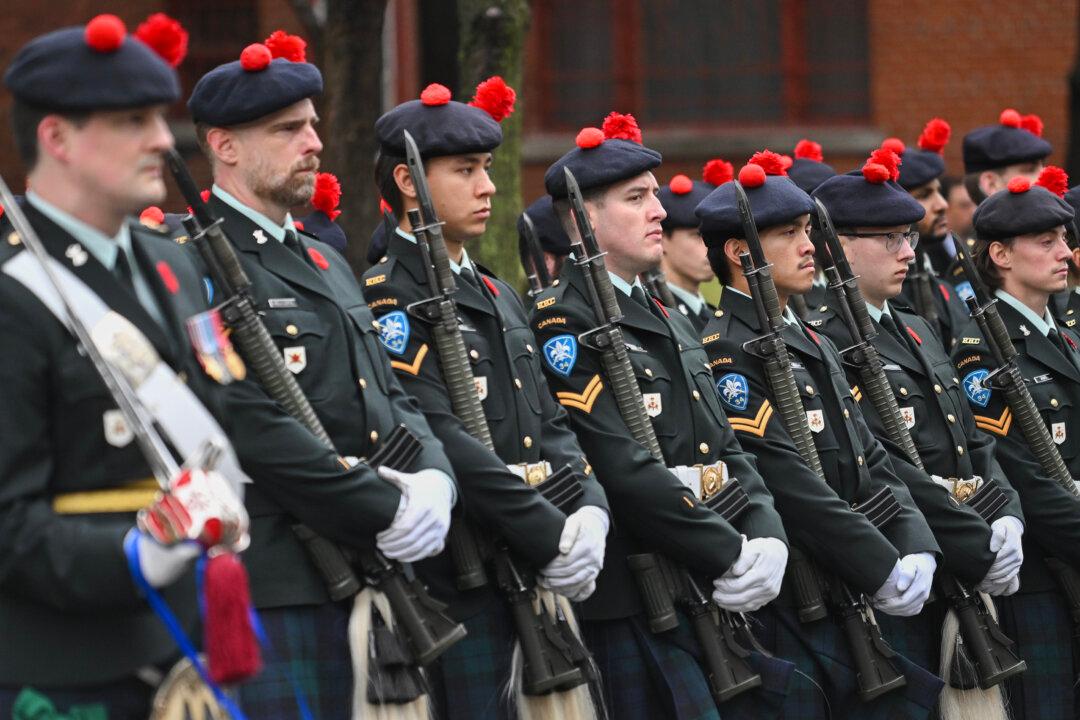Canada “remains very concerned” with China’s destabilizing military incursions toward Taiwan, and should be “creative” in working with the self-ruled island in international organizations and other platforms, a senior Foreign Affairs official said.
“In the past four months, we’ve observed a significant increase in military activity, including over 600 incursions into Taiwan’s self-declared Air Defense Identification Zone by the PLA [People’s Liberation Army] Air Force. And whatever the motivations, Canada believes these moves threaten regional security and only serve to push back at the possibility of dialogue and cooperation across the Taiwan Strait,” Epp said.
“Canada has communicated directly to the Chinese authorities its concerns about destabilizing military actions across the [Taiwan Strait], while reiterating Canada’s strong support for constructive efforts that contribute to peace and stability in the region.”
Epp told the committee that there are increasing concerns about China explicitly setting a timeline to achieve what it calls a “national rejuvenation” by 2049, which Epp said “would definitely include reunification with Taiwan.”
“There is a risk that developments in Ukraine present a sort of unwelcome natural experiment, if you would, that will allow various parties to watch closely and see what the effectiveness of different diplomatic tools are to respond to in a very alarming situation,” Epp said.
While refusing to comment on the “hypothetical” future scenarios of what response Canada would take under a Chinese invasion of Taiwan, Epp noted the Canadian government is “alive” to the various operations that Beijing is taking against the island.
“Because China, in its own words, has never ruled out, never precluded using force to reunify with Taiwan, Canada is deeply concerned by recent activities,” he said. “Those increasing activities by the PLA Air Force—not just overt activity by the military—but also what we would call ‘below threshold activities,’ that include things like cyberattacks, interference, united front tactics.”
“We’re alive to all of those, and we will continue to monitor those together with partners, and to continue to encourage both sides to step back from provocative actions, particularly the Chinese side.”
Jordan Reeves, executive director for the Canadian Trade Office in Taipei, who also testified before the Foreign Affairs committee, said the Chinese Communist Party’s clampdown on Hong Kong’s democracy movements in recent years also has “profound impact” on how the Taiwanese view a Chinese takeover.
“The Hong Kong reality of what happened with the national security law basically told most Taiwanese that ‘one country, two systems’ was clearly out, it was no longer an option for the majority of Taiwanese,” Reeves said, referring to the principle that stipulates Beijing give Hong Kong relative autonomy after the former British colony was returned to Chinese rule.
Epp told the House committee that the strategy is still “under development,” and didn’t say when it will be released.
He also said the strategy will be made public once it is ready, only to clarify later that it will be up to the government to decide whether to publicize the contents.
“Rather than only working to include Taiwan more meaningfully where it should be and where our interests require it in international organizations, we also need to be creative in working with Taiwan and other partners through platforms like the GCTF to amplify its experiences,” he said.





